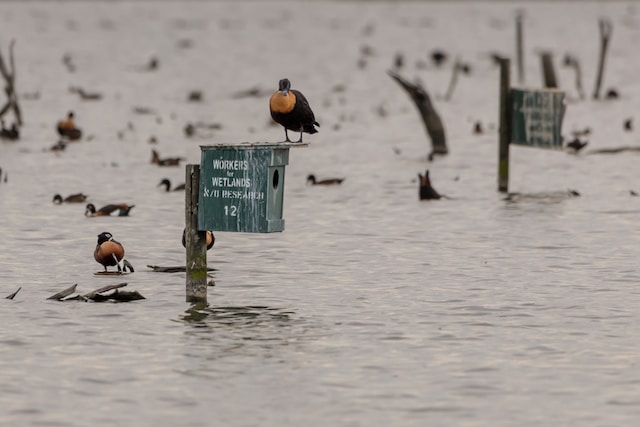
The TCC administration (TCC administração) is a multifaceted responsibility, extending beyond the confines of academia to touch on broader societal and environmental aspects. Within this context, the impact of TCC administration on nature and animal academic research becomes a crucial focal point, unveiling a symbiotic relationship between scholarly endeavors and the ecosystems they touch.
1. Funding Allocation for Conservation Research
TCC administration plays a pivotal role in allocating funds for academic research. Prioritizing nature and animal-focused projects within the academic agenda channels resources toward critical conservation research. This financial support becomes the lifeblood for initiatives addressing biodiversity, wildlife conservation, and sustainable ecosystems.
2. Ethical Oversight for Animal Studies
As guardians of academic integrity, TCC administrators oversee the ethical considerations of research, especially in studies involving animals. Rigorous ethical standards ensure that animal welfare is prioritized, aligning with the principles of responsible and humane research practices.
3. Encouraging Interdisciplinary Research
TCC administration has the power to foster interdisciplinary collaborations. By encouraging cross-disciplinary studies that bridge environmental sciences, biology, and animal behavior, administrators contribute to a holistic understanding of complex ecological systems and wildlife dynamics.
4. Promoting Eco-Friendly Research Practices
The administration of TCC projects can set the tone for eco-friendly research practices. Implementing sustainable methodologies, reducing ecological footprints, and endorsing green technologies within academic research contribute to a responsible approach that mirrors the ethos of conservation.
ALSO READ: Balancing Pest Control: Connecting Nature and Nuisance Management
5. Community Engagement for Conservation
TCC administrators can facilitate community engagement initiatives tied to nature and animal research. Establishing partnerships with local communities for wildlife conservation projects not only enriches academic endeavors but also fosters a sense of responsibility and shared stewardship for the environment.
6. Showcasing Success Stories and Best Practices
TCC administration provides a platform to showcase success stories and best practices in nature and animal academic research. Highlighting these achievements not only recognizes scholarly excellence but also inspires future researchers to contribute meaningfully to the fields of conservation and biodiversity.
7. Advocating for Environmental Sustainability
Administrators, as educational leaders, have the opportunity to advocate for environmental sustainability within academic institutions. By incorporating eco-friendly policies and promoting awareness, TCC administration contributes to a culture that values and prioritizes nature and animal research.
Conclusion
In conclusion, the impact of administering TCC projects on nature and animal academic research is profound and far-reaching. TCC administration serves as a catalyst for positive change, directing resources, ensuring ethical standards, fostering interdisciplinary collaborations, and advocating for sustainable practices.
This synergy not only enriches academic pursuits but also reinforces the critical role academia plays in addressing the challenges facing our planet’s ecosystems and wildlife. By recognizing this symbiotic relationship, TCC administration becomes a powerful force in shaping a future where academia and environmental stewardship go hand in hand.